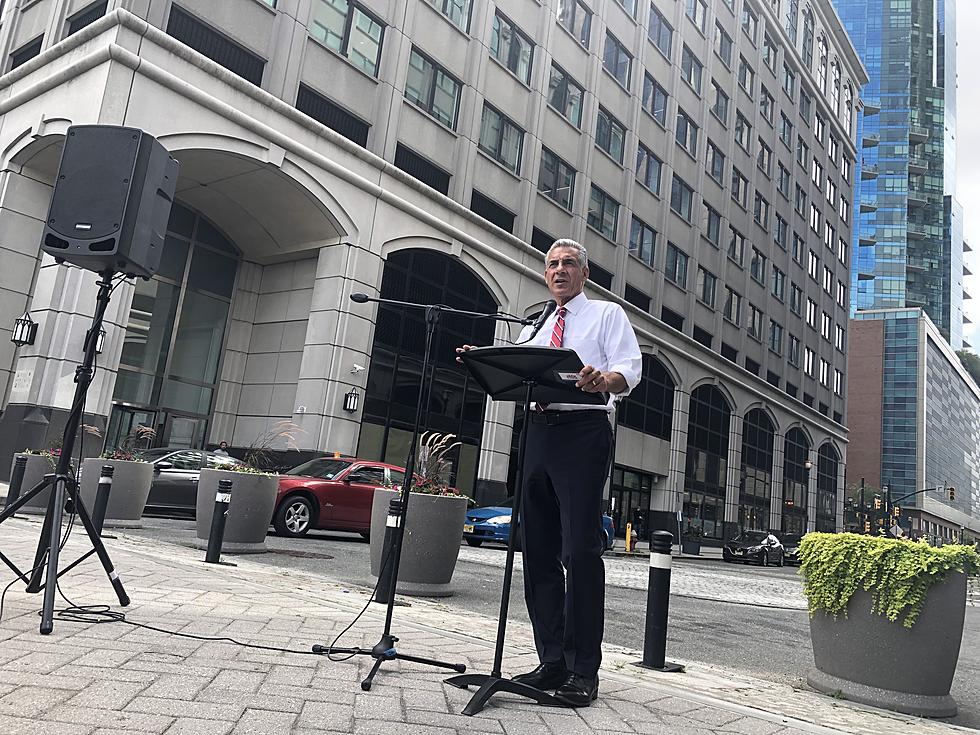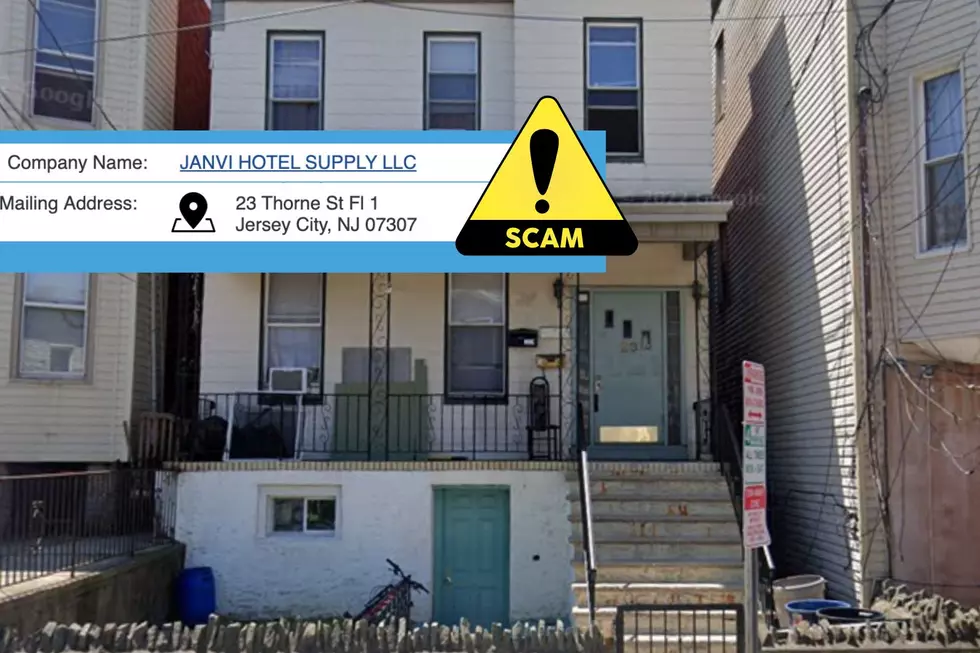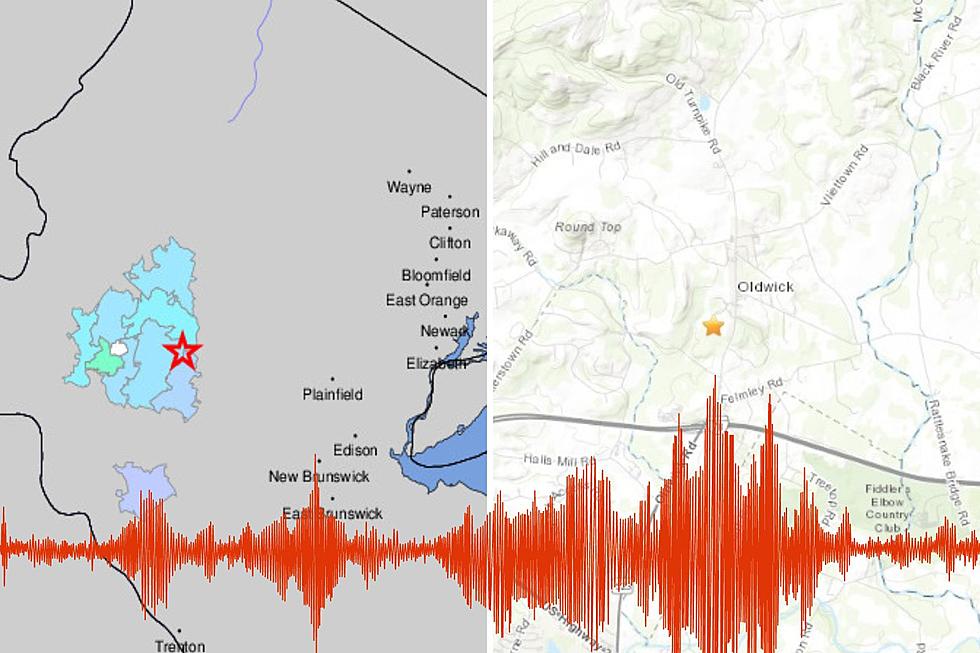
Ciattarelli: Lower Property Taxes in NJ by Revamping School Aid
JERSEY CITY – Jack Ciattarelli says he’ll take his campaign for governor to places Republicans don’t often go, so on Wednesday went to the state’s second-largest city – though did so to criticize it, not look for votes.
Ciattarelli said the way the state allocates school funding unfairly favors cities and must change. The backdrop for his event at the Jersey City was a condominium where he said million-dollar units pay just $10,000 in property taxes – far less than $400,000 homes pay most everywhere else in the state.
Ciattarelli said the state needs a new school funding formula that provides all districts an equal amount of funding for each student, with extra money for English-language learners. He didn’t specify a funding level. He also said the state should pay all the costs for special education.
“The current formula is nefarious. It’s arbitrary. It’s unfair. And I believe it’s unconstitutional,” he said.

Ciattarelli said some students are more educationally intensive than others, thus the extra money for students new to English. Extra state aid is provided to schools with low-income students for the same reason, though Ciattarelli isn’t proposing that. He said his plan will also include aspects to help communities that have been plagued by blight and disinvestment but didn’t yet provide details.
Ciattarelli said the current formula violates the state constitution’s equal benefits clause by favoring some communities over others. The current formula has been upheld by the state Supreme Court, a rarity in the decades-long battle over education funding, but he said his proposed changes would pass legal muster.
“There are arguments we need to make before the state Supreme Court that they don’t know about,” said Ciattarelli, citing his point about equal treatment of $400,000 homes across municipalities.
Ciattarelli also proposes to ding districts that spend too much by reducing state aid to districts that exceed per-pupil spending caps.
“I’m of the opinion that that real sweet spot in terms of a cost per pupil is somewhere between $15,000 and $20,000 per student for a non-special needs student,” Ciattarelli said.
One hundred twenty-five of 566 school districts in New Jersey budgeted over $20,000 per pupil in the most recent year for which data is available from the state Department of Education. It wasn’t clear if those figures excluded special education costs or what measuring stick Ciattarelli would use.
Ciattarelli said it’s no accident those some districts getting the most state aid have the highest spending.
“And if you’re using your state aid to far exceed the reasonable range, that tells me you’re only using state aid to bloat your budget,” Ciattarelli said.
Ciattarelli said a new formula can be used without hurting the quality of education in the state.
“We are going to have equity when it comes to property taxes. And we are going to have lower property taxes here in New Jersey with a school funding formula that provides a flatter and more equitable distribution of state aid.”
Ciattarelli was continuing his emphasis on property taxes with stops in Toms River and Tuckerton this week and made clear he intends to keep making a contrast with cities that get extra aid under the current formula.
“We’ll continue to talk about property taxes throughout the course of this campaign,” Ciattarelli said. “And we’re going to continue to talk about why it is property taxes are so high in our suburban towns and not in places like Jersey City.”
School taxes average a little under $2,000 in Jersey City, compared to $4,800 statewide. They account for 27% of the property tax bill for a city resident, compared with 53% statewide. The median income is nearly $70,800 in Jersey City, compared with about $82,500 statewide.
Jersey City schools are in the middle of a precipitous decline in state aid, as the state moves back toward following its formula after abandoning it for a decade – a time period in which wealthier residents began moving into the city.
Formula aid to the Jersey City school district was $410 million in 2017-18; $407 million in 2018-19; $380 million in 2019-20; $324 million in 2020-21; and $253.2 million for the coming school year. School taxes on the average homeowner are increasing by nearly $1,000 in the year ahead.
NJ towns that actually cut property taxes in 2020
COMPARE: Highest 2020 property taxes in each county
More From WPG Talk Radio 95.5 FM










